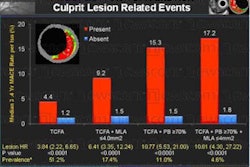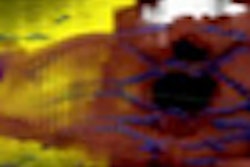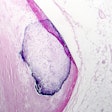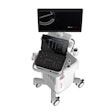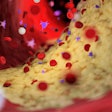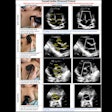Dear Cardiac Imaging Insider,
The absence of coronary artery calcium has an enduring track record for predicting the absence of cardiac events. But emerging studies reveal a more cautious outlook for symptomatic individuals. Find out how symptoms of heart disease can cancel the calcium-free warranty -- and how other risk factors affect the odds -- in this issue's Insider Exclusive.
It's not news, of course, that noncalcified plaque can be risky too. Last week's 2009 Transcatheter Cardiovascular Therapeutics (TCT) meeting delivered an important new study of patients who underwent percutaneous coronary intervention (PCI). Advanced visualization of intravascular ultrasound data showed that stenting vessels with vulnerable plaque was a recipe for problems down the road.
In fact, there's a growing body of evidence that favors preinterventional imaging, and a growing list of imaging modalities with which to perform it. So why isn't it being done? Get the scoop on pre-PCI imaging by clicking here.
In ultrasound, a study of nearly 27,000 individuals has found that contrast echocardiography is safe. Will the U.S. Food and Drug Administration come to the same conclusion? Also, a new study from Nebraska found that microbubble contrast significantly increased the sensitivity of dobutamine stress echocardiography, according to an article by senior editor Erik L. Ridley.
Meanwhile, MRI gets a boost from a new German study. Researchers examined thousands of cases, concluding that cardiac MRI changed patient management in 62% of them with very few complications, according to a story by features editor Wayne Forrest.
MRI and CT are both doing a good job of detecting myocardial fat deposits, which mean different things in different people. For two new studies of myocardial fat, click here.
Finally, a study boasting an unusually long follow-up period found that patients cleared of coronary artery disease at coronary CT angiography (CTA) could be sent home safely and cheaply with no ill effects. Safe and cheap is likely to be a recurring theme as coronary CTA data continue to roll in -- and legislators eye ways to cut U.S. healthcare costs.
We invite you to scroll down for the rest of the news in your Cardiac Imaging Digital Community.




